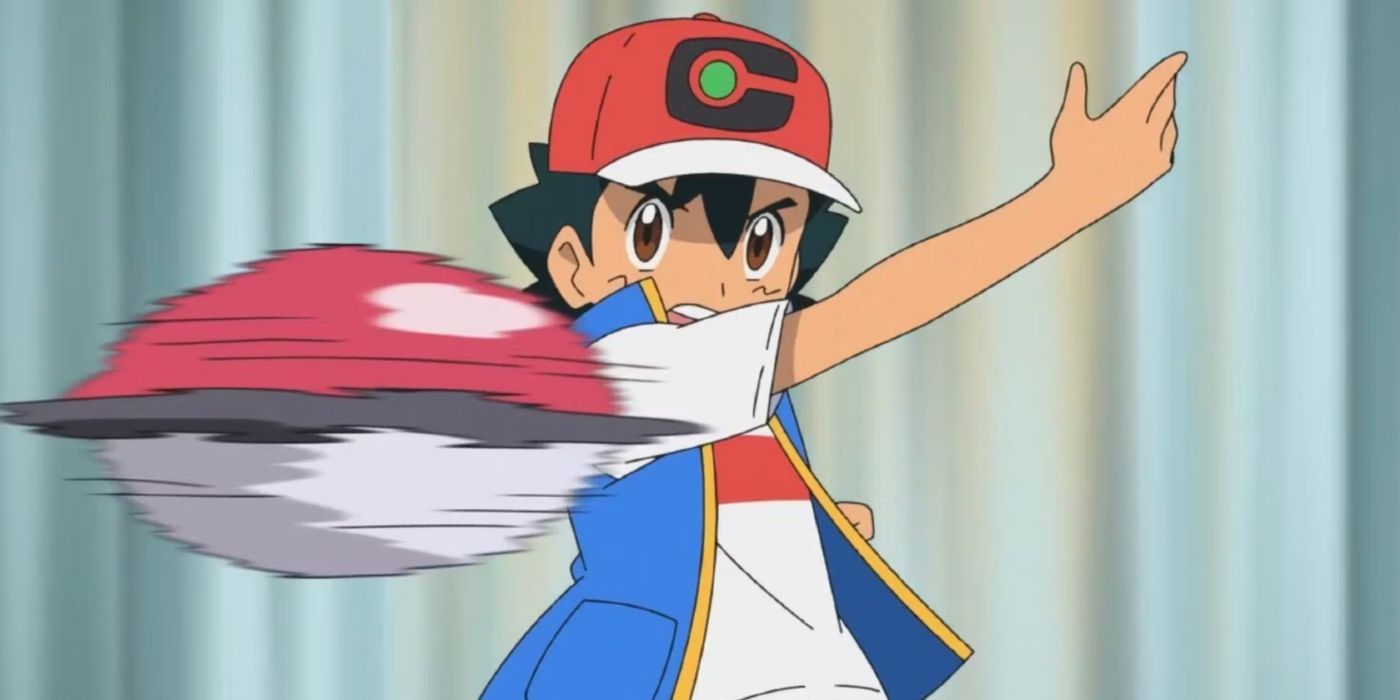
For decades, fans have mocked many controversial aspects of the Pokémon seems too sick for the series’ intended demographic, such as some of the cold Pokédex entries or the way the series seems to glorify animal cruelty through the sadistic practice of forcing Pokémon to fight each other in an unconscious state. What’s interesting is that the anime actually addressed one of these potential controversies so early in the first season that it could have actually been done in an attempt to proactively resolve any disputes but apparently no one notice.
There is something inherently cruel about the trainers beating the creatures until they cannot escape from a small ball they try to trap them inside while they are unconscious. Aside from a few exceptions, these captured creatures have generally followed the misguided orders of their captors ever since, even assisting in the subsequent capture of other Pokémon by similar means. . However, the anime introduced a surprising concept as early as episode 1 that highly connotative Pokémon might actually want to be caught.
Pokémon has tried to explain its biggest controversy from the beginning
In episode #1 of the first Pokémon anime, before becoming best friends, Pikachu and Ash were not on good terms with each other. Pikachu refuses to weaken another Pokémon, causing Ash to act rashly and causing a Spearow to attack him. However, Spearow soon targets Pikachu to Ash’s surprise, which causes the Pokédex to inform him that wild Pokémon tend to be jealous of human-trained Pokémon. An earlier scene also shows the Pokédex stating that most Pokémon stay in their Pokéballs, but there are some that don’t because they hate being confined – which is how Pikachu behaves.
The Pokédex’s explanation of why Spearow attacked Pikachu makes for some interesting implications. Why are wild Pokémon jealous of human-trained Pokémon? Since being trained by humans often involves being put into a Pokéball and forced to battle other Pokémon, it’s easy to assume that Pokémon are somehow not supposed to think negatively about these things. Similarly, when the Pokédex explains that only some Pokémon hate being confined, this automatically implies that most of them don’t. The explanation given fixes most of these problems: wild Pokémon are jealous of human-trained Pokémon, meaning they really want to be caught, and most of them don’t hate being in a Pokéball.
Pokémon are actually a lot more complex than they seem
By providing this explanation so early, the anime is clearly defending itself from any accusations that wild Pokémon are being “enslaved” by humans and that, at the very least, Pokémon don’t mind being kept outside. in cramped looking Pokéballs. The fact that wild Pokémon can actually be jealous of those trained by humans adds some layers of psychological complexity to these little creatures. If they feel that way then it means that there is a part of them that wants to be trained by humans (and thus captured by them), but all of them resist by fighting back.
These are some highly conflicting messages but add more layers to the seemingly simple creatures called Pokémon. Although wild Pokémon feel strong jealousy towards their counterparts who have developed bonds with humans – so strong that they can even attack them – at the same time wild Pokémon also have natural instincts. naturally makes them free. Unfortunately, it’s a fascinating conflict that’s never been explored because of the wild idea Pokémon being jealous of those with coaches is never mentioned again, leaving one of the biggest controversies in the series largely unresolved.

